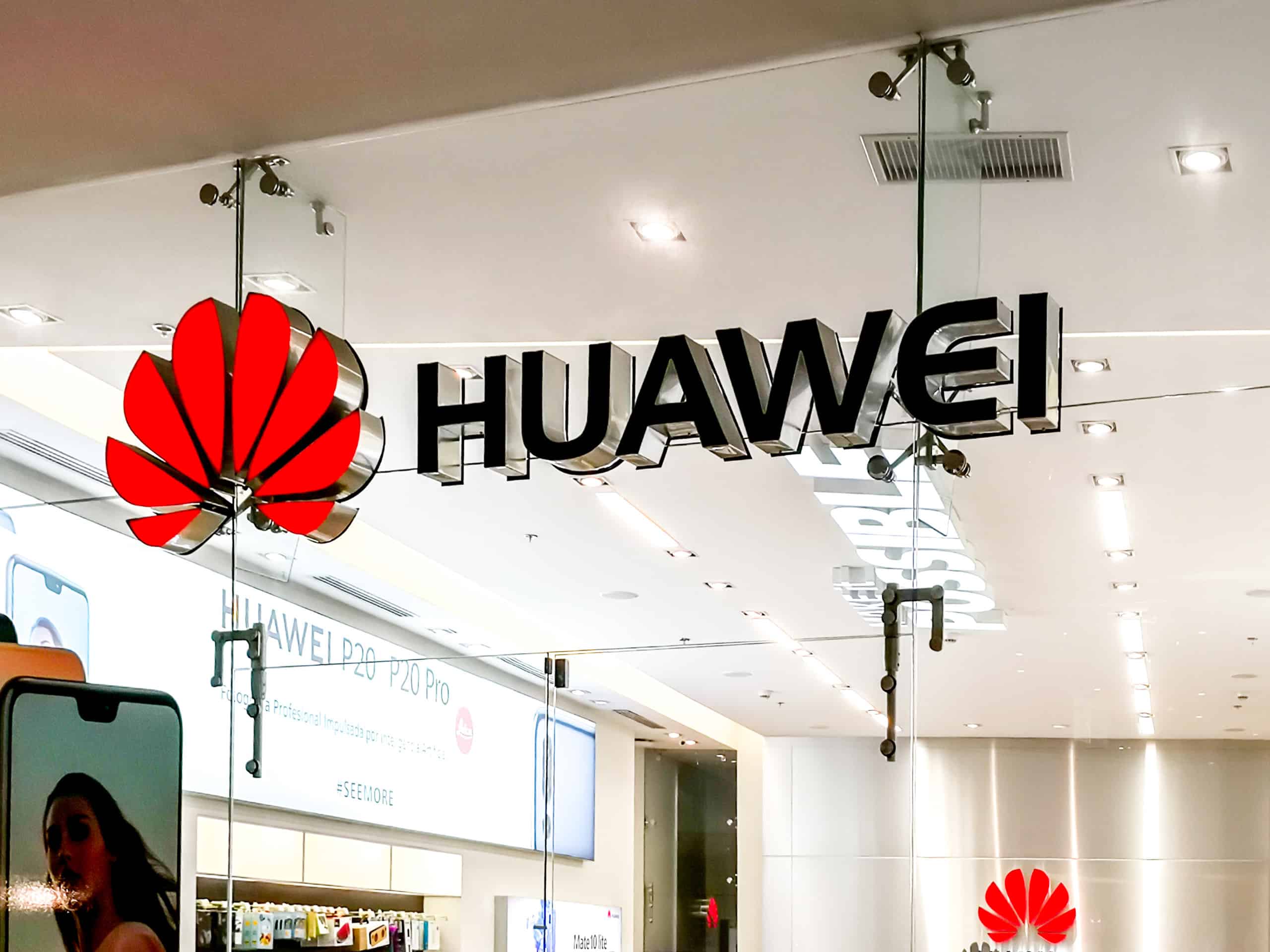Sam Hogg was the founder of Beijing to Britain, a weekly briefing newsletter that, until its recent closure, closely monitored how British politics and business thinks about China. A graduate of Leeds University, Hogg grew up between Australia, Scotland and Hong Kong, and has worked in both the private sector and the British Parliament. The following is an edited transcript of a conversation that took place three weeks before British people vote in a general election on July 4th.
Sam Hogg.Ill
Navigate China's Business Landscape with Confidence.
- Gain visibility into supplier risks
- Easily manage trade compliance
- Conduct in-depth due diligence



